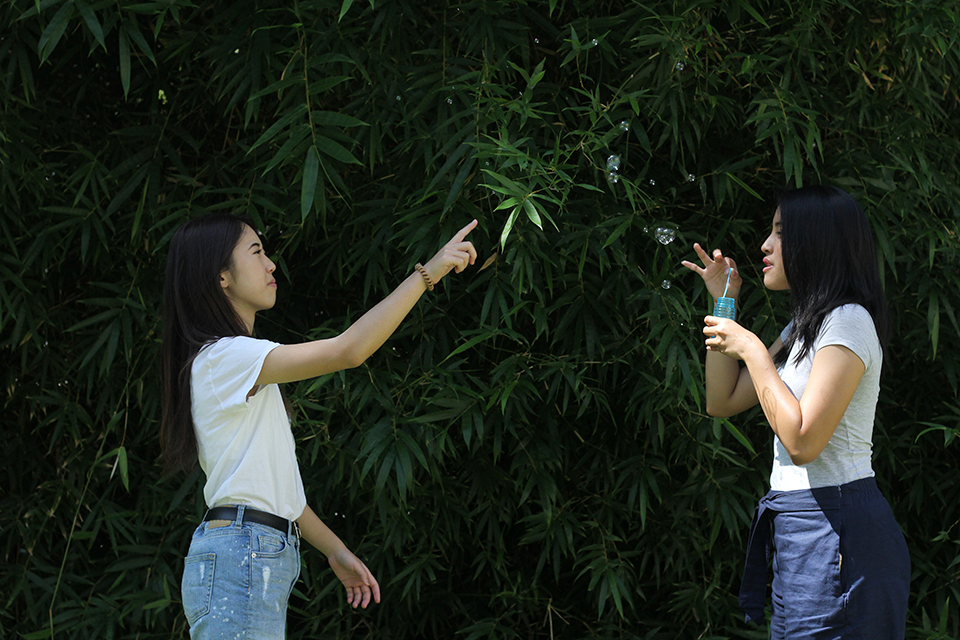Over a month has passed since a white nationalist rally in Charlottesville, VA resulted in a woman’s death, and students continue to ponder the issue of racism in America.
sympathy brings people together
White nationalists protested the city of Charlottesville’s removal of a park statue of Confederate Gen. Robert E. Lee by marching through the streets on Aug. 12. Though there were a number of clashes with opposing groups throughout the day, the demonstration turned deadly when a man drove a car through a crowd of counter protesters, killing one woman and injuring several others.
Senior communication studies major Ryan Swanson says one cannot deny the reality of racism in this country. As he reflected on what has been in the news in the past few weeks, his response includes one of anger and sadness, but he turns his attention quickly to reconciliation. He believes sympathy brings people of different backgrounds together on the issue.
“We need to consider people that are oppressed and people that are hurting. Even though we might not understand how they feel, we need to try to understand how they feel and put ourselves in their shoes,” Swanson said.
Swanson also thinks people need intentionality in having specific conversations with friends from different minority groups. He believes one will not find answers if one does not ask difficult questions.
“Instead of asking a question like, ‘What do you think about them removing a statue of Robert E. Lee?’, ask a question like, ‘How are you feeling in general about what’s happening in Charlottesville?’” Swanson said.
The need for intentionality
Sophomore intercultural studies major Breezy Rothermel finds this easier said than done.
“Sometimes, there’s even set ideas about me before I can even come in as a learner, so it’s not as easy to be like, ‘I really want to learn more about you,’” Rothermel said.
With these important conversations, one should carefully approach them and take them seriously, according to Rothermel.
“I think [conversations about racism can be beneficial] if both sides are humble and willing to hear each other’s side,” Rothermel said. “I think any moment when you bring in, I guess even emotions that are tied to it, it can get really risky, especially because if you don’t know the past of the person you’re talking to, you don’t know what you’re saying that could be offending them and make them even more hard-hearted.”







